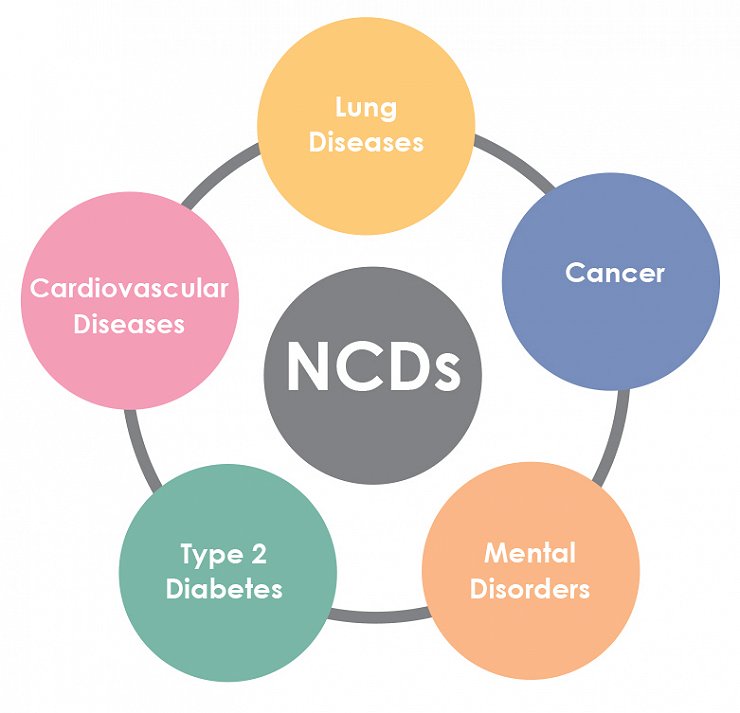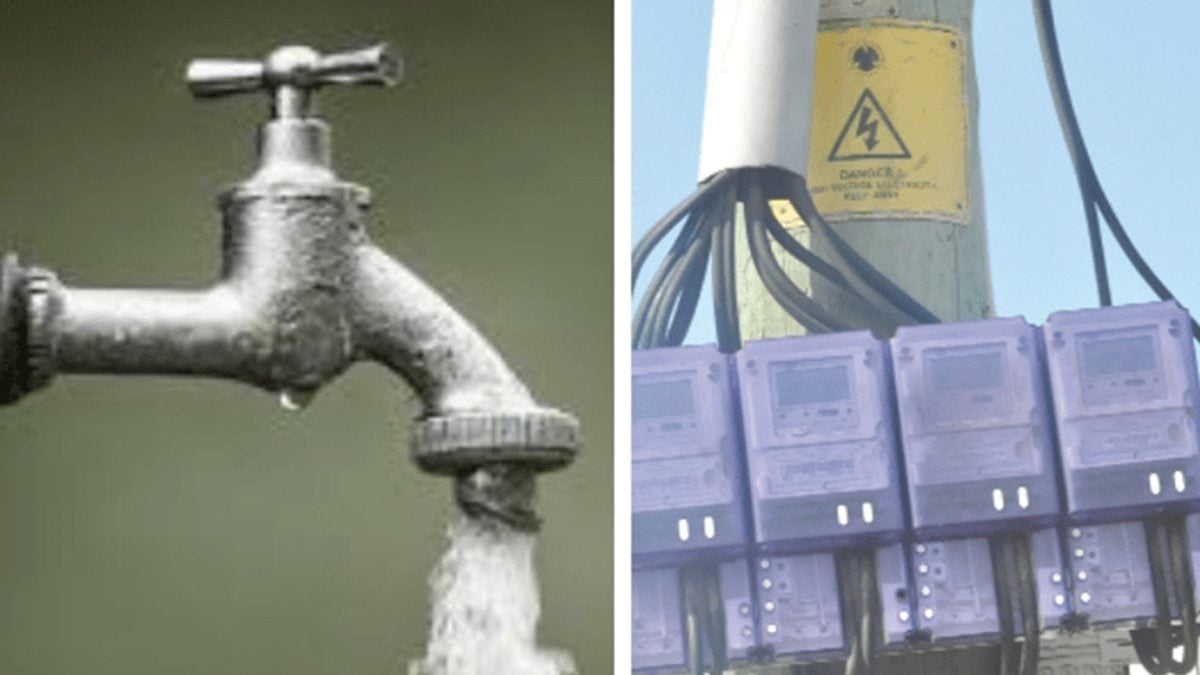
Private companies are being urged to invest more in helping provide water to underprivileged communities as part of their social responsibility.
Chairman of the Global Environment and Technology Foundation (GETF) Tom Harvey says challenges with the provision of basic amenities like water cannot be met with government investments alone.
“The need is much greater than the resources. So it’s contingent on all of us to leverage resources as much as we can…Leaders and governments at different levels are caring about such issues. But if they really need to make the impact, finding partnerships with the private sector is important. No one entity can do it all,” he told Joy News.
“We need the public and private sector to come together to be able to identify what should change for their people. And water and sanitation is the most important resource,” Mr Harvey said.
Currently, about 1.2 billion people or almost one-fifth of the world’s population live in areas where water is scarce. Another 1.6 billion people representing about one-fourth of the world population are also facing economic water shortage because of the absence of adequate infrastructure to move water from water bodies to homes.

Tom Ford
About 4 billion people worldwide representing nearly two-thirds of the world population experience severe water scarcity during at least one month every year. And projections are that by 2030, over 700 million people worldwide could be displaced by intense water scarcity.
Tom Harvey says the situation is worrying. “If you don’t have water, you don’t have life. And if you don’t have sanitation, you don’t have dignity. Young girls will not go to school. And their opportunities for the future will be greatly diminished,” he said.
“This is not only the role and responsibility of governments. But also the responsibility of companies that benefit from these countries. They need to contribute to this,” Mr Harvey added.
“Private sector can’t do everything by itself. Public sector can’t. But if you come together, you can do anything. And that is really if you are committed to getting something done…” he noted.
The businessman and former White House staff made the call when he met journalists from different parts of the world who visited his office in Arlington, USA for a discussion on “creating a more secure water future” at the invitation of the Foreign Press Centers.
“The reality is that we are not doing enough. Both utilities and government. The utilities are trying but they cannot reach everyone. They don’t have the resources to. We are trying to demonstrate how you can bring partnerships together to do what the government and the utilities can’t do,” he said.
The organization Mr Harvey founded, GETF, has for more than 30 years worked through partnerships with government agencies, corporations, foundations and NGOs to address issues in water, sanitation, clean energy, climate change and sustainability across the world.

Some journalist interacting with Tom Harvey
In 2012, GETF and the Coca Cola Foundation rolled out a $65 million initiative called Replenish Africa Initiative (RAIN), to provide clean water to at least 6 million people across Africa.
In Ghana, RAIN says it is investing $3 million by 2020 to provide 316,000 people with improved water and sanitation in 58 communities. 46 schools are expected to benefit from various water projects. Across Africa, it is estimated that about 300 million people live currently without access to clean water.
Managing Director of RAIN Malick Leo Keita who hails from Mali is asking African governments to show more care for their citizens and help them meet their water needs.
“Most of our governments don’t care about people. I wonder how most of them are able to sleep at night knowing the level of poverty and level of basic access to social rights that people don’t have. It’s a question I wonder every day. So my basic advice is that they start caring about the people,” he said in response to a question.
Christopher Rich who is Executive Director of the U.S. Water Partnership says the world needs to pay more attention to how water resources are managed if the goal to provide potable water to all can be achieved.
“We feel blessed because we have a lot of water. We have an over-abundance of water. But it’s not about how much water you have but how it’s managed. That is a point we repeatedly make to our friends overseas,” he said.
Mr Rich is convinced effective partnerships that draw on the expertise of multiple stakeholders is important in efforts to make clean water available to all. He says academics also have a key role to play in ensuring that they come up with good research that can accelerate the provision of water to the underprivileged.
Read Full Story






















Facebook
Twitter
Pinterest
Instagram
Google+
YouTube
LinkedIn
RSS